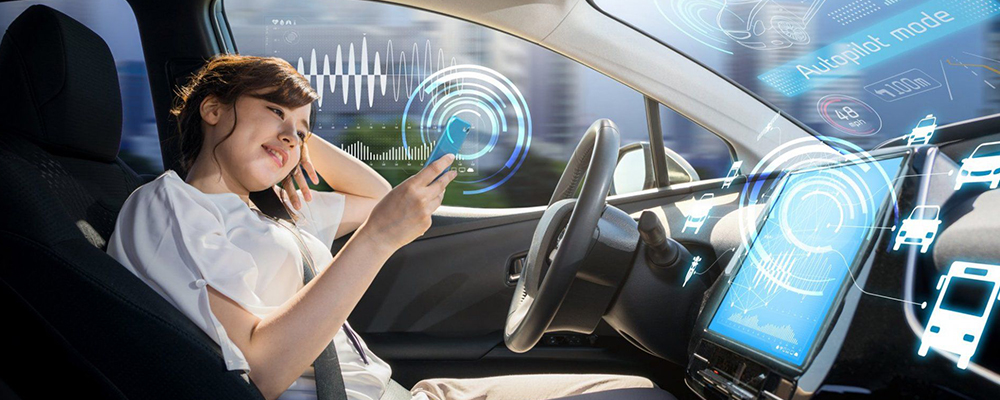There is a principle in ethics that forces us to carefully think about the consequences of an action and consider whether its moral value is determined solely by its outcome. The trolley dilemma is a classic experiment developed by philosopher Philippa Foot in 1967 and adapted by Judith Jarvis Thomson in 1985.
The situation goes like this: You see a runaway trolley moving toward five tied-up (or otherwise unaware of the trolley) workers on the tracks. You are standing next to a lever that controls a switch. If you pull the lever, the trolley will be redirected onto a side track, and the five people on the main track will be saved. However, on the side track there is a single person just as oblivious as the other workers. The ethical dilemma that arises is if you should pull the lever, leading to one death but saving five? Or should you just do nothing and allow the trolley to kill the five people on the main track?
Ethics and autonomous cars
The fourth revolution, powered by artificial intelligence, is adding cognitive capabilities to everything, and it is definitely a game changer. We are using AI to build autonomous vehicles, to automate processes, jobs and in some cases, even lives. Considering the impact it will have on individuals and also on the very future of humanity, addressing the topic of ethics is a must.
The ethics of automated jobs
Although the Luddite movement ended a long time ago, some people still have a sense of fear and anxiety when it comes to technology and automating jobs. And with the development of AI systems, there’s currently a general debate whether or not the machines will steal all the jobs.
Read more about the topic in this article written by our friends from Strongbytes.

